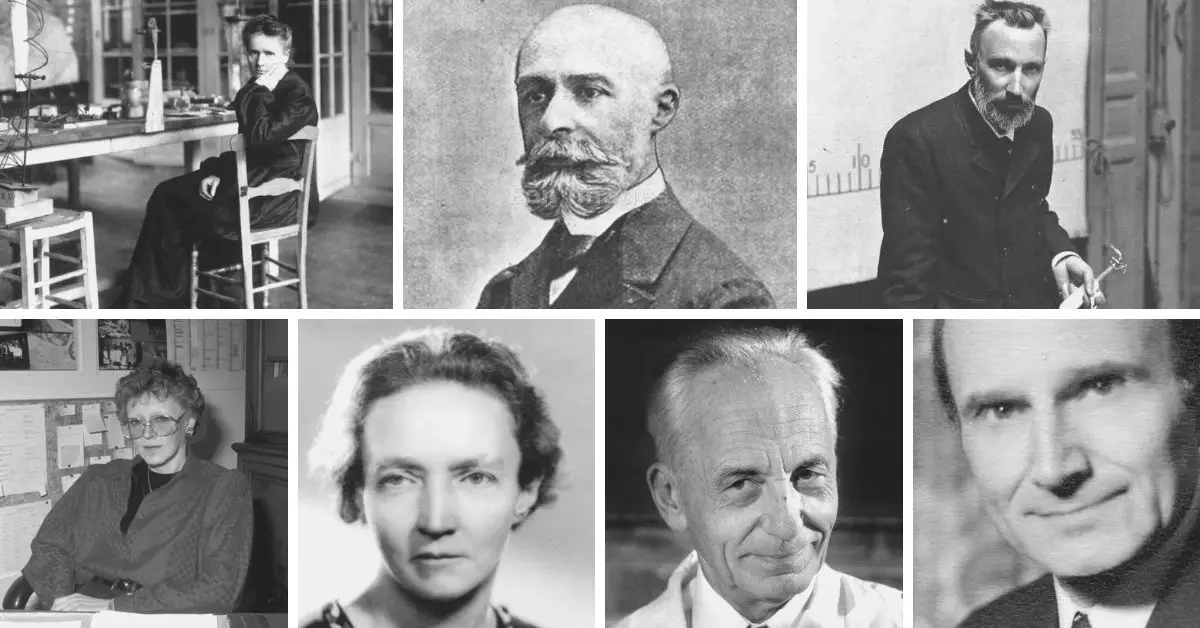To celebrate scientists and scientific advancements, we have collected a list of the most famous French scientists that will inspire us for the greater good.
The French boast one of the proudest cultures in the world. Their cuisine, their style, and their way of life are something that every person wants to experience at least once. It is one of those identities that people are proud of assuming.
And, for good reasons.
Today we will learn about the French scientists who have revolutionized modern science.
To come up with this list, we explored significant resources, including the Nobel Prize publication.
Let’s delve into the list of 25 famous French scientists you may want to know.
Table of Contents
Famous French Scientists
#25. Katia Krafft (1942-1991): The Pioneer in Filming Volcanoes
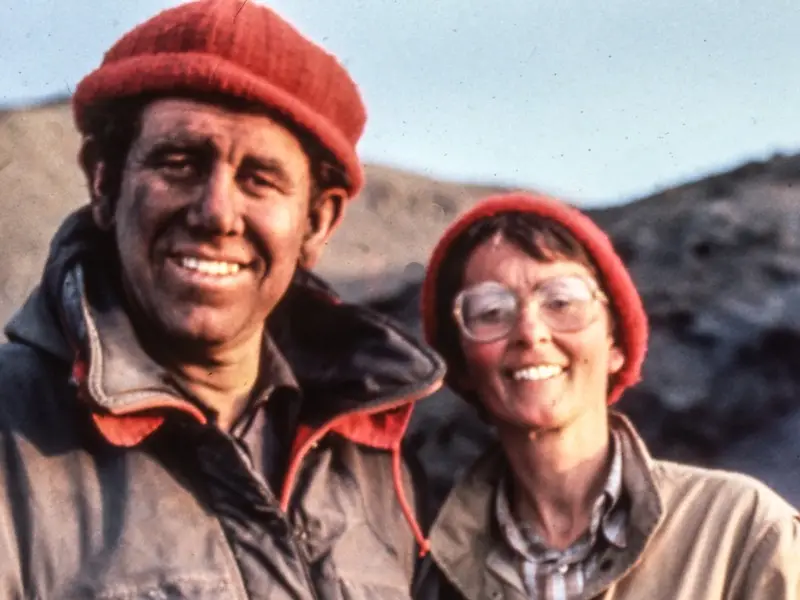
What makes Katia Krafft famous?
As depicted in the documentary Fire of Love, Katia Krafft was an Alsatian French volcanologist known for her work alongside her husband, Maurice Paul Krafft.
The Kraffts were one of the first people to film volcanoes. They moved from one volcano to the next, recording lava flows.
Katia Krafft earned her degrees in chemistry and physics from the University of Strasbourg.
They were killed by the flow of hot volcanic matter on Mount Unzen in Japan.
[Source: Atlas Obscura]
#24. Albert Calmette (1863-1933): The Pioneering Immunologist and Bacteriologist
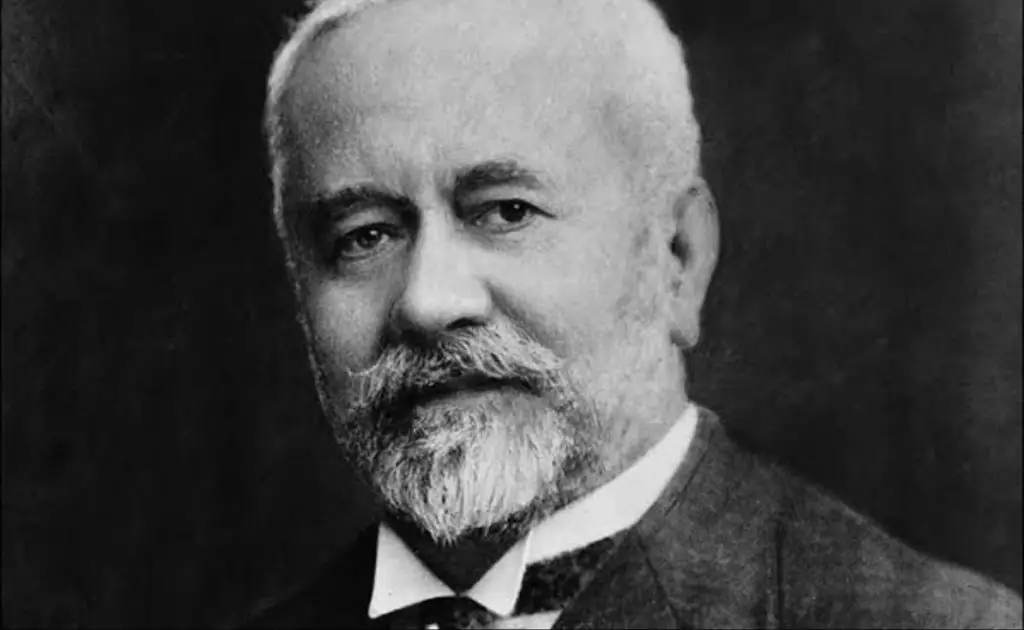
What makes Albert Calmette famous?
This French physician was born in Nice, France, on July 12, 1863. He is known for his contributions to immunology.
Albert Calmette discovered an attenuated type of Mycobacterium bovis called Bacillus Calmette-Guérin. Physicians use this discovery in the BCG vaccine to prevent tuberculosis infection.
Calmette also invented antivenoms that medical doctors could use to treat snake bites. His other contributions were in many areas of science, including smallpox, rabies, bubonic plague, and cholera.
[Source: Encyclopedia Britannica]
#23. Antoine-Augustin Parmentier (1737-1813): The Person Who Introduced Potato As Food Source in Europe

What makes Antoine-Augustin Parmentier famous?
Antoine-Augustin Parmentier was a French agronomist and pharmacist best known for promoting potatoes as a food source in Europe.
He was born on August 12, 1737, in Montdidier, France. Parmentier was at the forefront of promoting a healthy lifestyle in France. Besides his work on nutrition, he also led a campaign for smallpox vaccination.
Antoine-Augustin Parmentier pioneered the technique of extracting sugar from beets. His contributions stretch beyond this, as he also pioneered techniques for food preservation, including refrigeration.
[Source: Château De Versailles]
Similar Articles:
- 20+ Famous Polish Scientists That You Should Know
- 15 Famous Scientists With Dyslexia That You Should Know
- 30+ Famous Genetics Scientists That You Should Know
#22. Pierre-Simon Laplace (1749-1827): The French Newton

What makes Pierre-Simon Laplace famous?
Pierre-Simon Laplace was a French polymath who contributed to developing many branches of science, including mathematics, engineering, astronomy, physics, statistics, and philosophy.
His work, Celestial Mechanics, provided the world with a summary and an extension of the concepts developed by his predecessors. Laplace is responsible for developing the Bayesian interpretation of probability.
He also contributed to the Laplace transform, which is useful in mathematical physics.
Pierre-Simon Laplace was one of the first people to hint at the presence of a black hole in the solar system.
[Source: Encyclopedia Britannica]
#21. René Laennec (1781-1826): The Inventor of Stethoscope
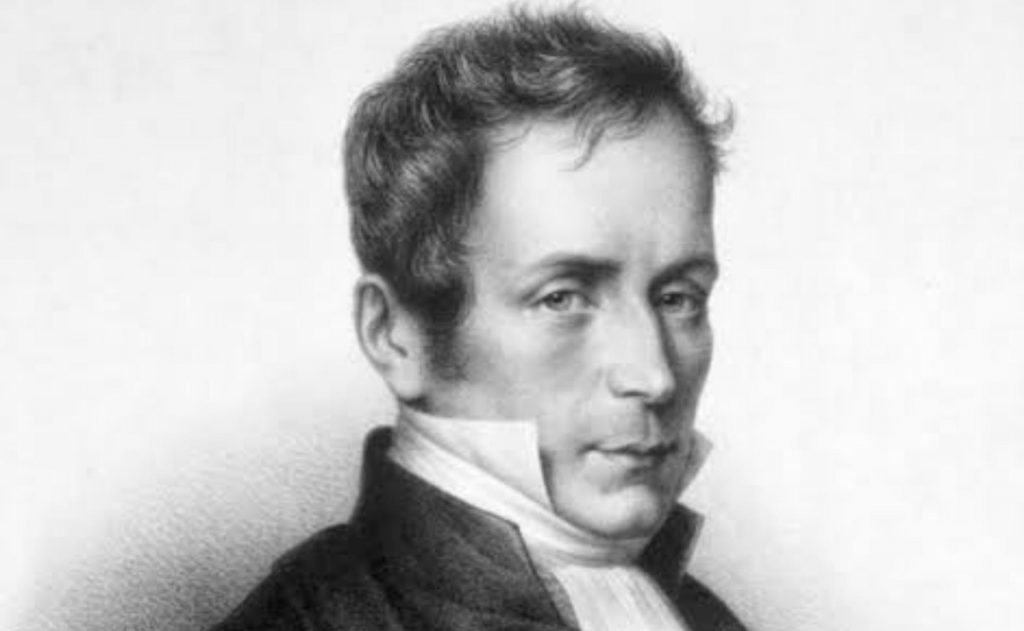
What makes René Laennec famous?
Ever wondered about the person who invented the stethoscope? Meet Rene Laennec, the French musician, and physician skilled at making wooden flutes. He is best known for designing the stethoscope that is useful in diagnosing several chest conditions.
Laennec was born in Quimper, France, on February 17, 1781. His mother succumbed to tuberculosis when he was only six years old.
René Laennec also died of tuberculosis at 45, ending a successful career in art and science.
[Source: Encyclopedia Britannica]
#20. Yann LeCun (1960-present): A Hero of Deep Learning Who Explores The Dark Matter of Intelligence

What makes Yann LeCun famous?
Yann LeCun is a computer scientist who was born in France in 1960. He is best known for his work on convolutional nets and his contributions to natural language processing, mobile robotics, machine learning, and computational neuroscience.
LeCun is credited with several important developments, including the development of optical image recognition, DjVu file formatting technology, and the lush programming language. He has won many awards during his career, including the 2018 Turing Award alongside Geoffrey Hinton and Yoshua Bengio.
What is the best Yann LeCun quote?
“You never regret taking risks, but you will regret not doing the thing that was risky.”
[Source: ai.nl]
Similar Articles:
- 15 Famous Pacific Islander Scientists You Should Know
- 17 Famous Marine Scientists That You Should Know
- 30+ Famous Black Woman Scientists That You Should Know
#19. Charles Messier (1730-1817): Father of Comets
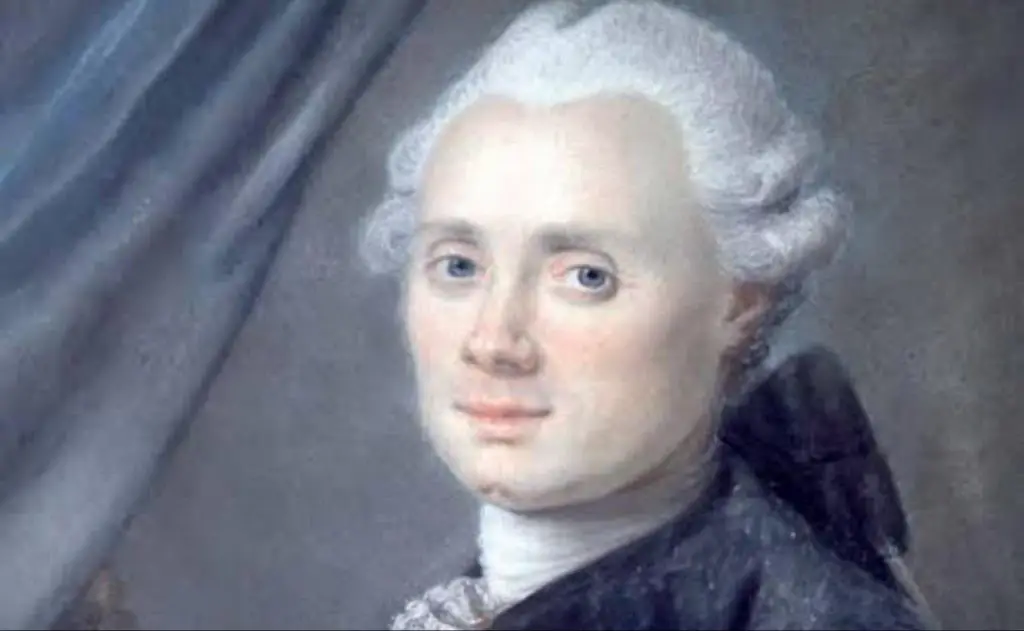
What makes Charles Messier famous?
Charles Messier was a French astronomer who helped us understand objects in the sky by cataloging and categorizing them. He was born in 1730 in Badonviller. In 1774, Messier published his catalog of objects, called Messier Objects.
What were these objects? They include star clusters and nebulae that lie far away from Earth.
When you look at the night sky with your naked eye or binoculars, you can see these objects. But if you want to know more about them, or if you want to identify them on your own, then you need to know about Charles Messier.
[Source: Space.com]
#18. Louis Braille (1809-1852): The Inventor of Braille Writing and Reading System

What makes Louis Braille famous?
Louis Braille was a French educator best known for inventing the braille, writing, and reading system that virtually impaired people use globally.
He was born on January 4, 1809, in Coupvray, France. Braille had an accident that blinded his eye. The infection spread to his other eye, leading to total blindness.
While studying at the Royal Institute for Blind Youth, Louis Braille developed a system that allowed the visually impaired to write and read.
In addition to advancing his invention, he taught at the Royal Institute. Louis Braille also practiced music as a hobby.
Braille remains a revolutionary invention that we use in various languages globally.
[Source: Encyclopedia Britannica]
#17. Joseph Black (1728-1799): Pioneer of Modern Chemistry
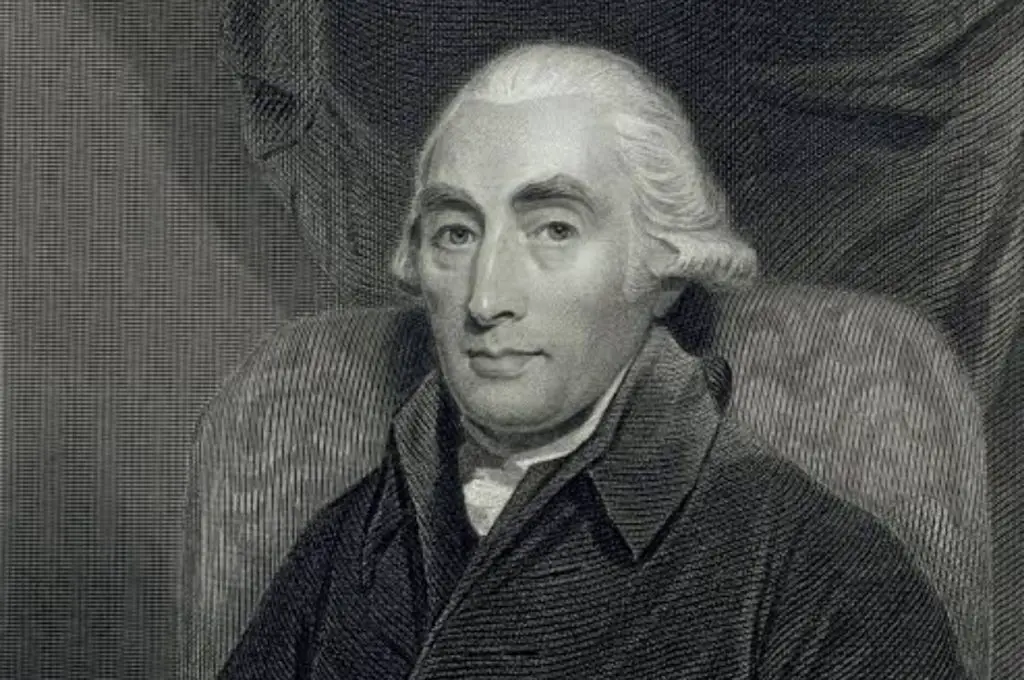
What makes John Black famous?
John Black (a Scottish scientist) was an important figure in the history of chemistry. He was born in France in 1728. He made important discoveries in physics and chemistry, including latent heat, magnesium, carbon dioxide, and specific heat.
His most famous discovery is latent heat—energy stored within a substance when it is in a state of greater order than its surroundings. John Black discovered that although water expands when it freezes, it does not release this energy until it melts again, which means that ice has more latent heat than water.
[Source: Encyclopedia Britannica]
Similar Articles:
- 30+ Famous Biology Scientists That You Should Know
- 19 Famous Animal Scientists That You Should Know
- 15 Famous Black Computer Scientists That You Should Know
#16. Joseph-Louis Gay-Lussac (1778-1850): One of The Fathers of Modern Chemistry

What makes Joseph-Louis Gay-Lussac famous?
Joseph-Louis Gay-Lussac was a French chemist who made many contributions to the field of chemistry. He is most famous for discovering the composition of water—one part oxygen and two parts hydrogen.
Gay-Lussac’s name became synonymous with gas laws when he published his law in 1809. In this law, he stated that the volume of an ideal gas is proportional to its pressure and temperature. This law has been used ever since as an important foundation for understanding gases.
[Source: Science History Institute]
#15. Jacques Cousteau (1910-1997): The Inventor of The First Open-Circuit Underwater Breathing Apparatus
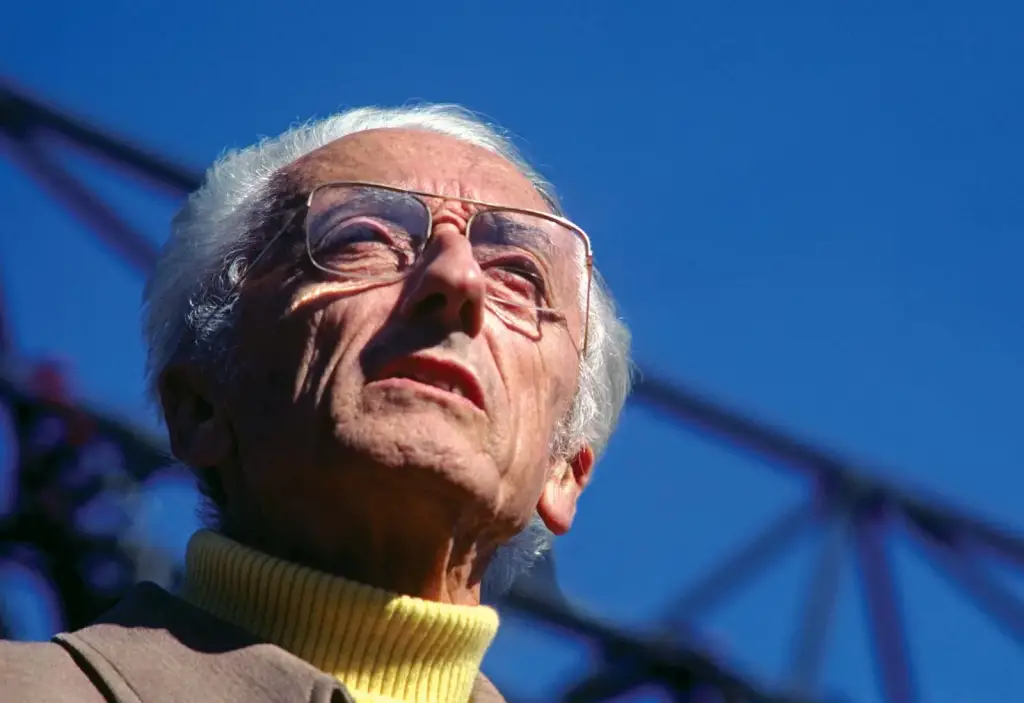
What makes Jacques Cousteau famous?
Deep sea divers, underwater filmmakers, and ocean scientists breathe with the help of a diving regulator. Jacques Cousteau invented the world’s first commercially successful breathing apparatus.
He is also known for making the first underwater documentaries thanks to his invention, the aqualung.
Cousteau’s books chronicle his deep-sea explorations. His widely read publication, The Silent World: A Story of Undersea Discovery and Adventure, was adapted into a documentary by the same title.
This documentary won the Palme d’Or, the highest award at the Cannes Film Festival.
[Source: Encyclopedia Britannica]
#14. Louis Pasteur (1822-1895): The Father of Microbiology Who Saved Millions of Lives

What makes Louis Pasteur famous?
Louis Pasteur was a French microbiologist and chemist best known for his work on microbial fermentation, pasteurization, and vaccination.
Pasteur’s most notable achievement was developing principles of microbial fermentation, which still help in disease prevention. He also created a vaccine for rabies that has saved millions of lives worldwide.
Pasteur also disproved Aristotle’s theory of spontaneous generation by showing that germs were responsible for disease rather than the idea that germs could arise from non-living matter.
What’s the best Louis Pasteur quote?
“Science knows no country, because knowledge belongs to humanity, and is the torch which illuminates the world.”
[Source: Encyclopedia Britannica]
Similar Articles:
- 20+ Famous Astronomy Scientists That You Should Know
- 17 Famous Greek Scientists That You Should Know
- 30+ Famous Atheist Scientists That You Should Know
#13. Pierre Fauchard (1679-1761): The Father of Modern Dentistry
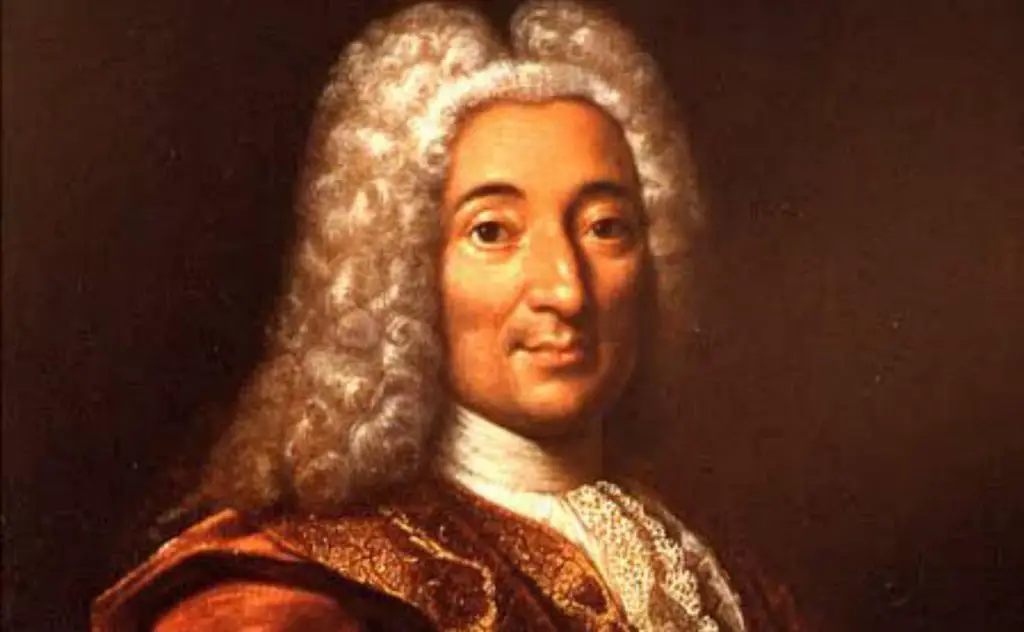
What makes Pierre Fauchard famous?
Pierre Fauchard is a household name in dentistry. He was known for being the author of The Surgeon Dentist. This book is a complete work on dentistry. It describes oral anatomy and pathology.
Fauchard’s book also highlighted techniques for cleaning and restoring teeth.
He was born on January 2, 1679, in Saint-Denis-de-Gastines. During their time in the French Royal Navy, Alexander Poteleret, a renowned surgeon, influenced him to study dental medicine.
Besides introducing the technique of dental braces, Pierre Fauchard pioneered dental prostheses and fillings for treating dental cavities.
[Source: History of Dentistry]
#12. Joseph Bienaimé Caventou (1795-1877): The Discoverer of Anti-Malarial Drug
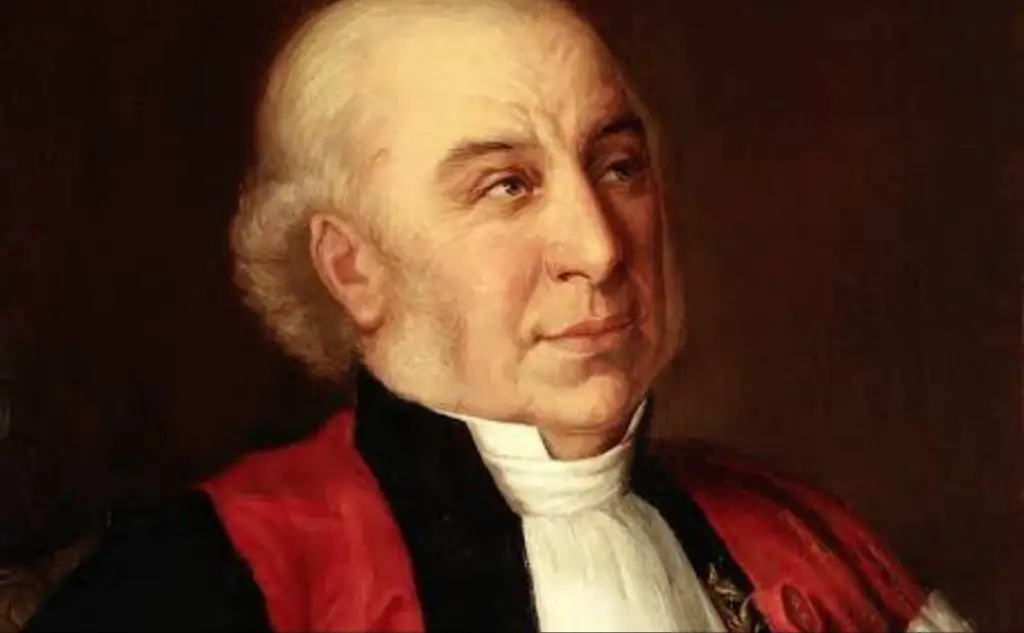
What makes Joseph Bienaimé Caventou famous?
Joseph Bienaimé Caventou was a pharmacist and professor known for his studies that led to the discovery of a cure for malaria.
He was born on June 30, 1795, in Saint-Omer, France. Caventou isolated Quinine and Cinchonine from the Cinchona tree. Quinine Sulfate later became an important anti-malarial drug that saved millions.
A crater on the Moon was named in his honor. He also received many awards for his revolutionary work.
[Source: Encyclopedia Britannica]
#11. Charles Pravaz (1791-1853): The Inventor of Hypodermic Syringe
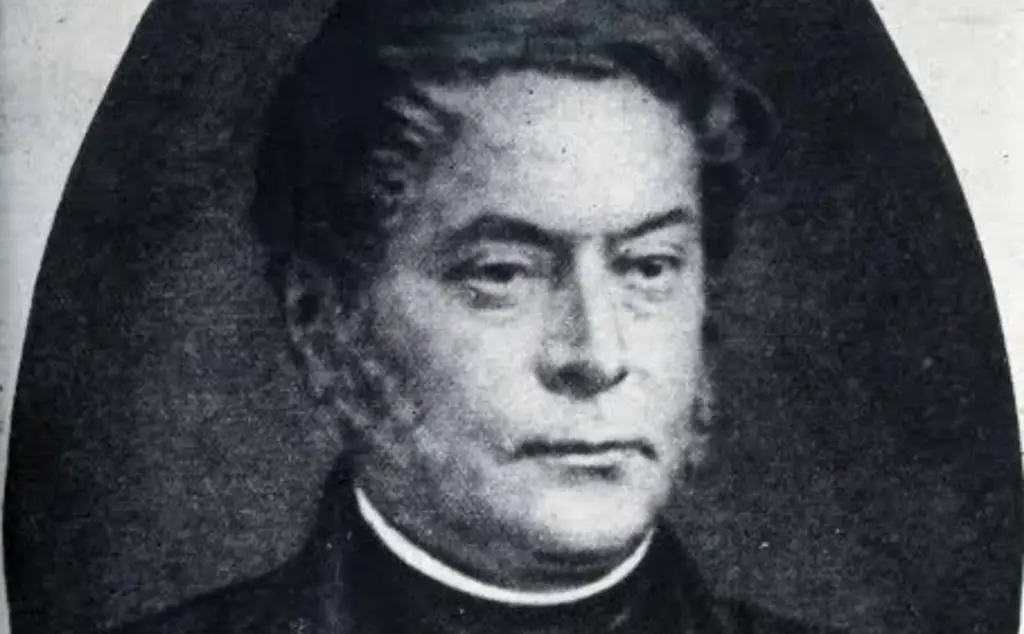
What makes Charles Pravaz famous?
Today, clinicians perform injections with the help of a hypodermic needle. Ever wondered where the needle came from? The history of the development of the hypodermic needle goes back to the 15th century. The Greek physician Galen of Pergamon is believed to have laid down the first concept for the needle.
Robert Boyle and Christopher Wren, Englishmen, also contributed to the development of syringes. But it wasn’t until 1844 that physicians began working with hollow needles.
Charles Gabriel Pravaz, the French orthopedic surgeon, is best known for inventing the hypodermic syringe that medical doctors use today.
[Source: Encyclopedia]
#10. Blaise Pascal (1623-1662): Inventor of The Calculator

What makes Blaise Pascal famous?
Blaise Pascal was a French Catholic theologian, inventor, mathematician, and physicist. He is most famous for his invention of the mechanical calculator, adding machine, and Pascal’s calculator.
Pascal also contributed to probability and game theory, which are two areas of mathematics that deal with how likely something is to occur given a set of circumstances. He also introduced what came to be known as Pascal’s Principle of Pressure.
What’s the best Blaise Pascal quote?
“Truth is so obscure in these times, and falsehood so established, that, unless we love the truth, we cannot know it.”
[Source: Encyclopedia Britannica
#9. Pierre Chambon (1931-2018): The Award-Winning Scientist Who Cloned Nuclear Hormone Receptors
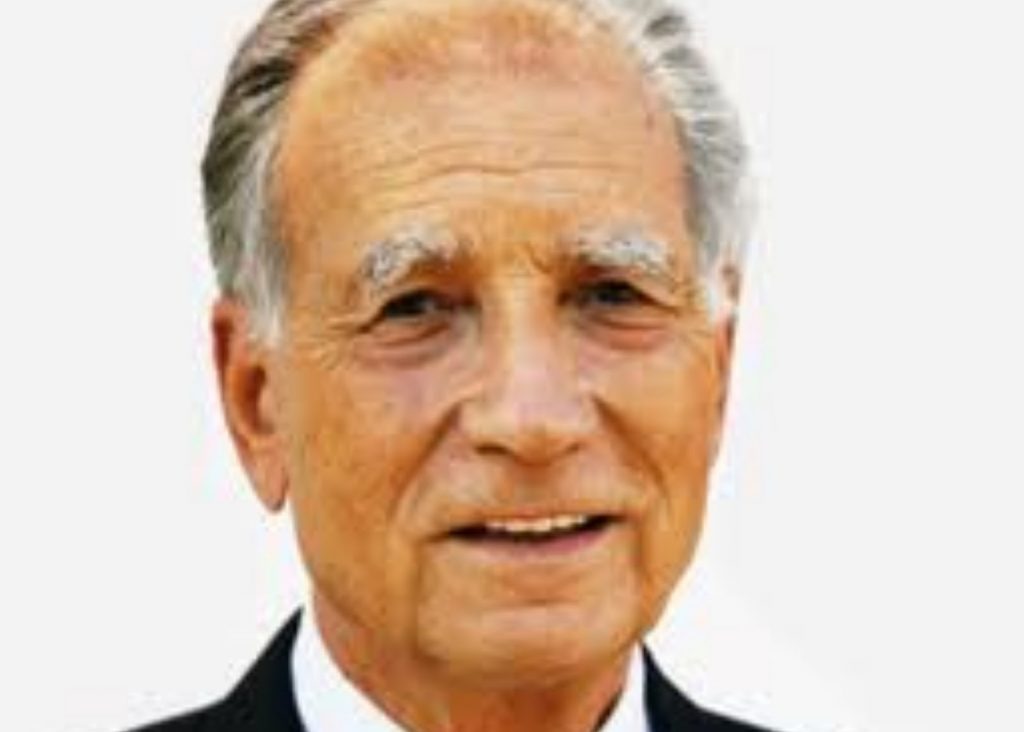
What makes Pierre Chambon famous?
Pierre Chambon, who died at 87, was a French biologist who gained recognition for his work on nuclear hormone receptors, which he cloned and studied.
Chambon identified RNA polymerase II (B) when studying transcription. He earned a Louisa Gross Horwitz Prize for discovering the nuclear receptor superfamily.
Chambon’s work came at a time when scientists were still trying to understand how cells regulated their genes. He helped identify nucleosomes (the smallest unit of chromatin ) and how they organize themselves into larger structures.
[Source: Wikipedia]
#8. Luc Montagnier (1932-2022): The French Scientist Who Co-discovered HIV

What makes Luc Montagnier famous?
Luc Montagnier was a French virologist who won the 2008 Nobel Prize in Physiology or Medicine along with two other scientists for their work in medicine.
He is famous for discovering the human immunodeficiency virus. Montagnier was also known for promoting the idea that the virus that causes COVID-19 was lab-made. This theory received criticism from the scientific community.
[Source: The Nobel Prize]
#7. Georges Mathé (1922-2010): The Pioneer in Bone Marrow Transplant
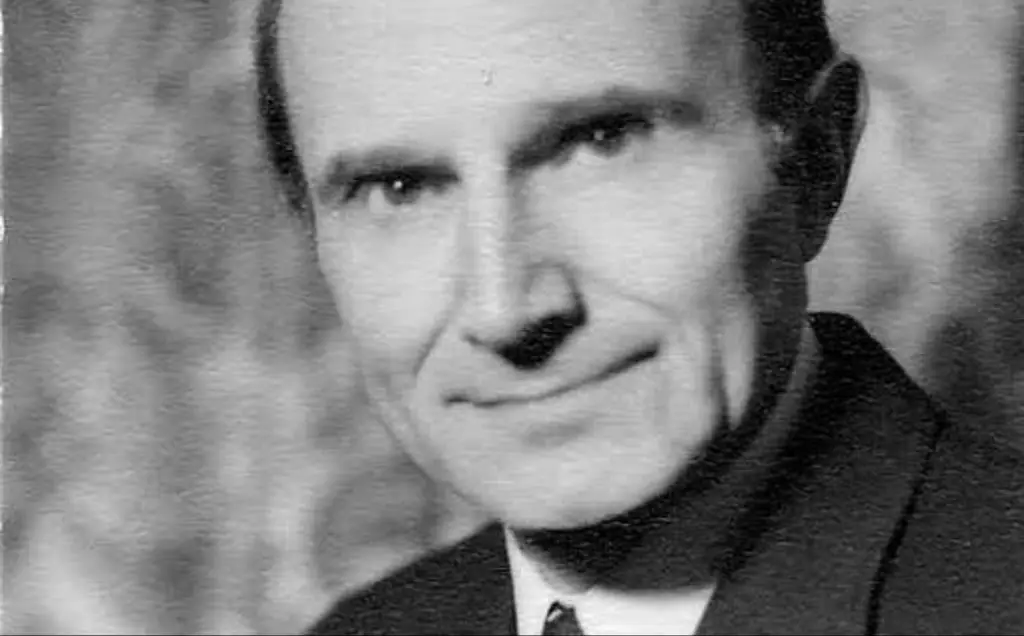
What makes Georges Mathé famous?
This French oncologist was born on July 9, 1922, in Sermages. He is the first person to carry out a successful bone marrow transplant on unrelated people.
This technique revolutionized medicine. It intensified research on cancer, leukemia, and radiation damage.
Besides his work on oncology, Georges Mathé is renowned for contributing to immunology, especially with the bacille Calmette-Guérin vaccine.
[Source: The Lancet]
#6. Jean Dausset (1916-2009): The Nobel Prize-Winning Scientist Whose Discoveries Revolutionized Medicine
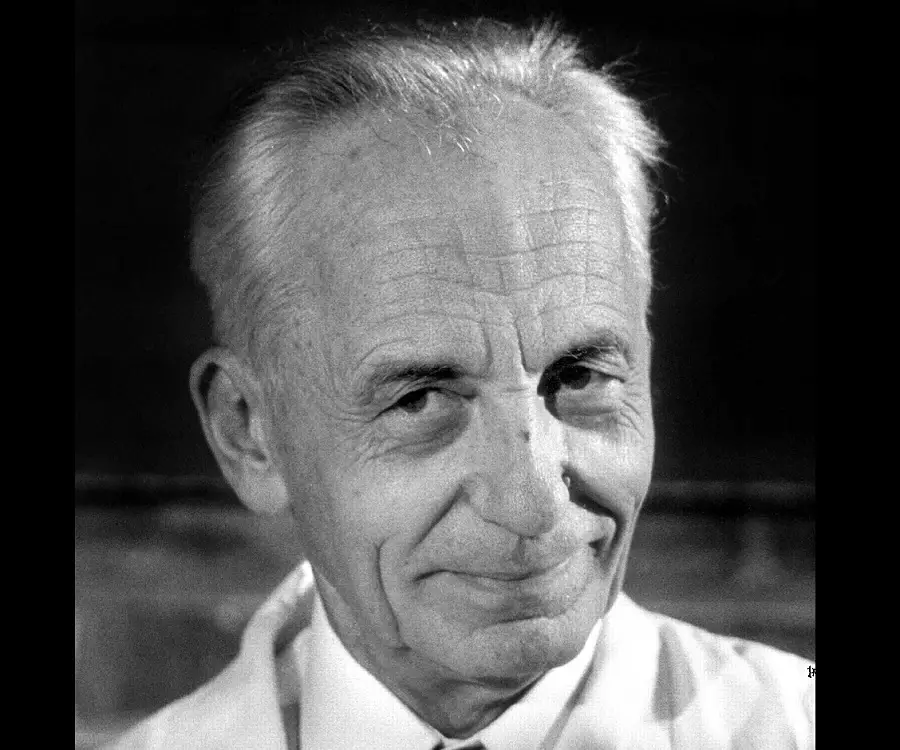
What makes Jean Dausset famous?
Jean Dausset was a French scientist who made several contributions to the field of immunology. He is known for his contributions to understanding the major histocompatibility complex. He shared the 1980 Nobel Prize in Physiology or Medicine with Baruj Benacerraf for his work on genes.
Before enlisting in World War II, Dausset attended the University of Paris to study medicine. He would be an ambulance worker in Africa, carrying out blood transfusions on soldiers.
[Source: The Nobel Prize]
#5. Irène Joliot-Curie (1897-1956): The Woman Who Followed in Her Parents’ Footsteps
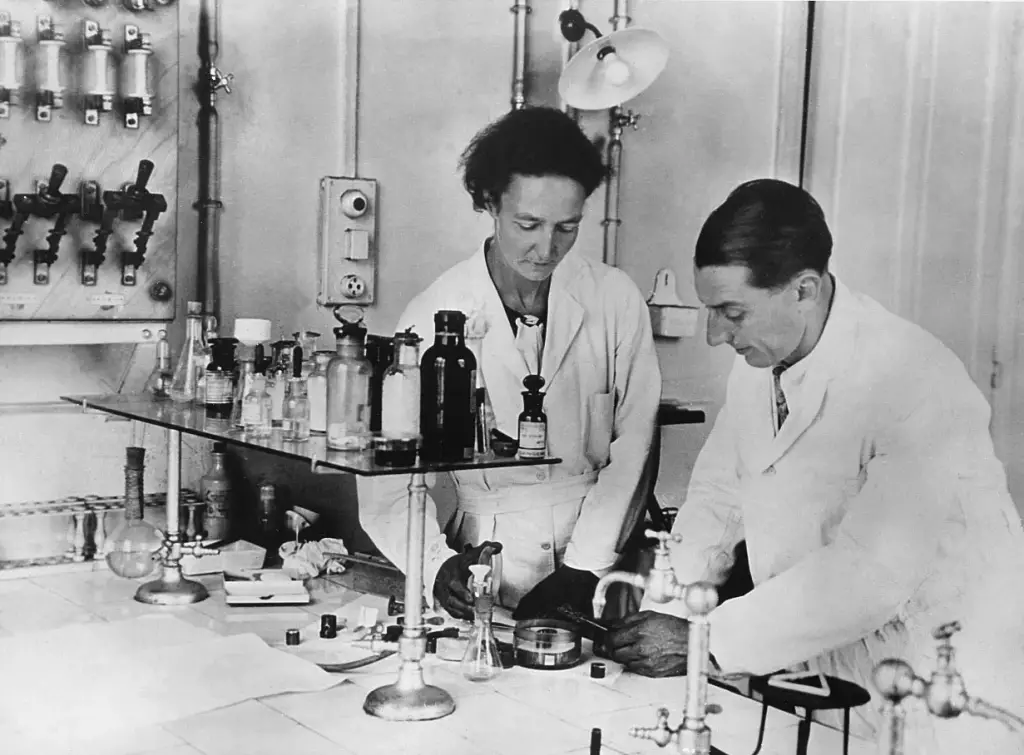
What makes Irene Joliot-Curie famous?
Irene Joliot-Curie, the French physicist and chemist, was born in Paris in 1897. She grew up with her parents, who were both scientists. Her father, Pierre Curie, was a physicist who discovered polonium in 1898. Irene’s mother, Marie Sklodowska, was also a scientist and chemist.
In 1923, Irene married Frédéric Joliot-Curie, who was also a chemist. Together, they worked on many projects, including discovering how chemicals react when exposed to radiation. In 1935, they won their Nobel Prize in Chemistry, becoming the second married couple to win it after her parents.
What’s the best Irène Joliot-Curie quote?
“The farther the experiment is from theory, the closer it is to the Nobel Prize.”
[Source: The Nobel Prize]
#4. Françoise Barré-Sinoussi (1947-present): The Co-Discoverer of HIV

What makes Francoise Barré-Sinoussi famous?
French virologist Francoise Barré-Sinoussi was born on July 30th, 1947. She is known for her research on the human immunodeficiency virus.
Barré-Sinoussi became interested in science at a young age. She went from being curious about insects to graduating with a P.h.D. from the Pasteur Institute in 1974.
Barré-Sinoussi worked with Luc Montagnier to determine the cause of AIDS. Her contribution to the discovery of HIV earned her the 2008 Nobel Prize in Physiology or Medicine.
What’s the best Francoise Barré-Sinoussi quote?
“We make science for the benefit of humanity.”
[Source: Nobel Prize]
#3. Pierre Curie (1859-1906): The Nobel Laureate

Pierre Curie, a French physicist, and chemist, was considered one of the most influential people in history. He was born in Paris in 1859.
Curie’s most famous discovery was regarding radioactivity. He discovered that certain elements were radioactive, emitting radiation when they changed from one form to another. He also studied magnetism, crystallography, and many other fields.
This discovery earned him the 1903 Nobel Prize in Physics, alongside Marie Curie (his wife) and Henri Becquerel.
Curie was the first married couple to be awarded a Nobel Prize for their work—they (with Marie Curie) received it jointly in 1903 for their work on radioactivity and magnetism.
What’s the best Pierre Curie quote?
“It would be a fine thing, in which I hardly dare believe, to pass our lives near each other, hypnotized by our dreams.”
[Source: The Nobel Prize]
#2. Henri Becquerel (1852-1908): Father of Radioactivity

What makes Henri Becquerel famous?
Henri Becquerel was a French physicist and engineer who did revolutionary work in physics, especially in radioactivity.
He is known for his discovery of radioactivity. Becquerel shared the 1903 Nobel Prize in Physics with Marie Curie and Pierre Curie, who are also famous for their work on radioactivity. They discovered how to isolate and purify the element polonium.
To celebrate his contributions to science and honor his legacy, the International System of Units (SI) created an SI unit named after him: the Becquerel (Bq) unit of radioactivity.
[Source: The Nobel Prize]
#1. Marie S. Curie (1867-1934): A Pioneer in Radioactivity
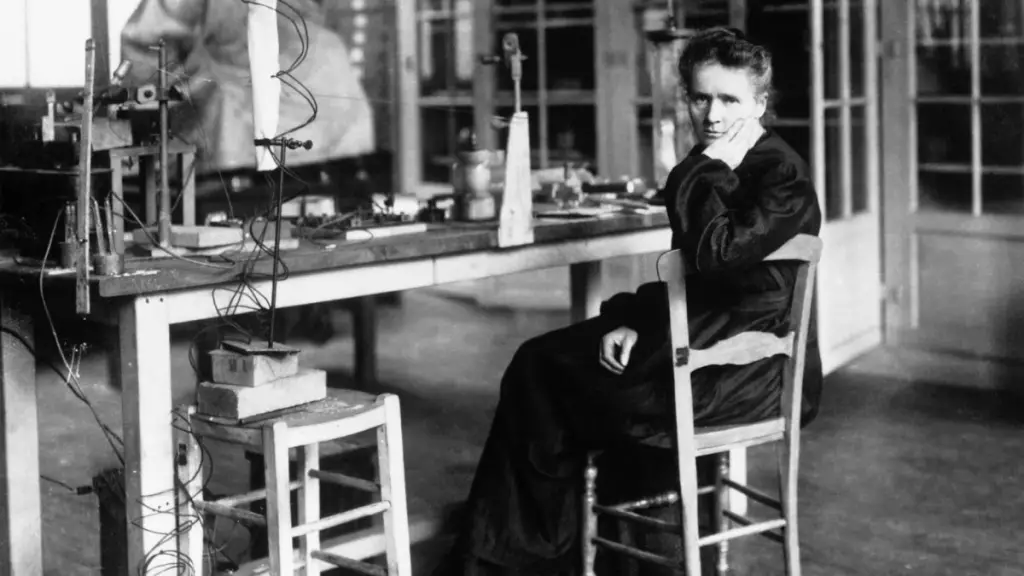
What makes Marie Curie famous?
Marie Curie was a Polish-born scientist who studied the phenomenon of radioactivity. She was the first female scientist to receive a Nobel Prize, which she won in 1903 and 1911.
Curie is best known for her research on radiation and radioactivity, which won her two Nobel Prizes: one for chemistry and one for physics. She contributed to the race for cancer treatment. Marie Curie is also famous for discovering radium and polonium.
Pierre and Marie Curie were the first married couple to win a Nobel Prize.
She holds many firsts, including:
- the only woman in the Brussels’ Solvay Conference.
- the first woman to win a Nobel Prize.
- the first person to win two Nobel Prizes.
- the first person to win the prize in two distinct fields.
She died in 1934 from aplastic anemia, which was likely caused by exposure to radiation during her career. As we’ve seen in this list, Marie Curie was a left-handed person, as was most of her family.
What’s the best Marie Curie quote?
“Nothing in life is to be feared, it is only to be understood. Now is the time to understand more, so that we may fear less.”
[Sources: Encyclopedia Britannica, News Think]
Final Thoughts
You can see the changes these scientists pioneered in science, technology, and education. The French way of thinking is synonymous with clarity and innovation and can serve as a learning resource.
Some of these scientists served in the French army, but this did not prevent them from making path-breaking discoveries in their fields. You should not give up on your dreams. You may be the next Marie Curie. Put more effort into your studies.

